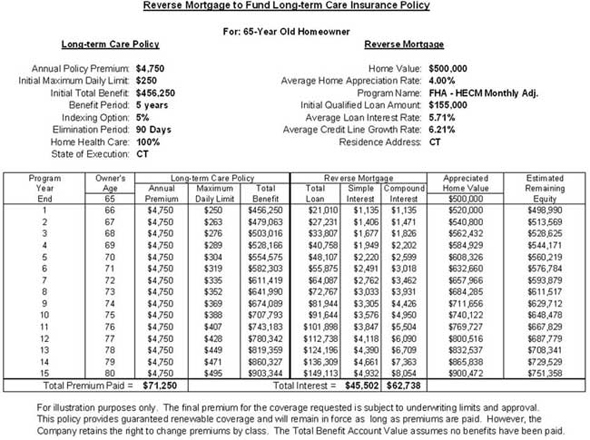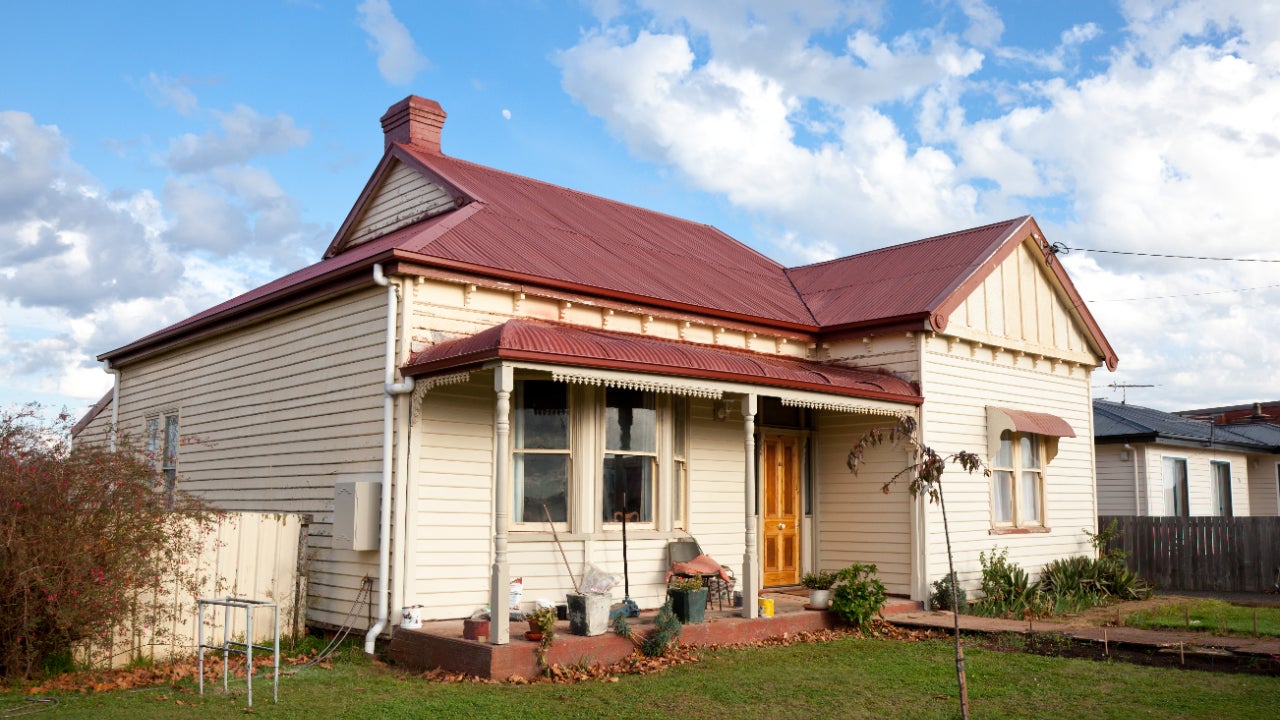A Home Loan Cash Flow Commitment (MCFO) is a kind of mortgage pass-through unsecured general obligation bond that has numerous classes or tranches. MCFOs use capital from a swimming pool of home mortgages that produce revenue to pay back financiers their principal plus interest. Payments are received from mortgages in the pool and handed down to holders of the MCFO security.
MCFOs do not hold a lien on the mortgages held by the security. They are simply obligated by contract to use the income from the home loans to pay their financiers. MCFO owners have no legal rights to the actual hidden home loans, thus MCFOs are riskier than CMOs. Like CMOs, MCFOs are a kind of mortgage-backed security developed through the securitization of individual domestic home loans that draw interest and primary payments from that particular swimming pool of mortgages.

Like CMOs, MCFOs bundle home loans into groups with different payment qualities and run the risk of profiles called tranches. The tranches are repaid with home loan principal and interest payments in a specified order, with the highest rated tranches including credit enhancement, which is a type of defense against prepayment danger and payment default.
The stated maturities of MCFO tranches are figured out based on the date when the last principal from a pool of home loans is expected to be settled. However maturity dates for these kinds of MBS do not take into consideration prepayments of the underlying home loan and therefore might not be an accurate representation of MBS threats.
CMOs, MCFOs and other non-agency mortgage-backed securities those mortgage bonds not backed by the government-sponsored business Fannie Mae, Freddie Mac or Ginnie Mae - were at the center of the monetary crisis that resulted in the bankruptcy of Lehman Brothers in 2008 and led to trillions of dollars in losses on mortgage loans and millions of homeowners losing their houses to default.
In December 2016, the SEC and FINRA announced brand-new guidelines to moisten MBS danger with margin requirements for CMO and associated MBS deals.
How How Do Reverse Mortgages Work In Utah can Save You Time, Stress, and Money.

A mortgage pool is a group of home mortgages kept in trust as security for the issuance of a mortgage-backed security. Some mortgage-backed securities issued by Fannie Mae, Freddie Mac, and Ginnie Mae are understood as "pools" themselves. These are the easiest type of mortgage-backed security. They are also called "pass-throughs" and sell the to-be-announced (TBA) forward market.
Mortgage pools, which are groups of home loans, tend to have similar characteristics, such as issuance date, maturity date, etc. While mortgage-backed securities are backed by home mortgage security with comparable attributes, collateralized debt commitments are backed by security with differing attributes. An important benefit of home loan pools is that they provide financiers with diversity.
Mortgage swimming pools are comprised of home loans that tend to have comparable characteristicsfor circumstances, they will generally have near the very same maturity date and rates of interest. Once a lender finishes a home loan transaction, it generally sells the mortgage to another entity, such as Fannie Mae or Freddie Mac. Those entities timeshare units then package the mortgages together into a mortgage swimming pool and the mortgage pool then functions as collateral for a mortgage-backed security.
A CDO is a structured monetary item that pools together money flow-generating assets and repackages this possession pool into discrete tranches that can be offered to financiers. A collateralized debt commitment is called for the pooled assetssuch as home mortgages, bonds and loansthat are basically debt obligations that work as security for the CDO.
Home loan pool funds benefit investors seeking realty exposure due to the fact that they are a low-risk investment that moves individually of a stock and bonds and offer a foreseeable regular monthly income. Mortgage pool fund loans are protected by genuine estate and are described as hard money since unlike the majority of bank loans (which count on the creditworthiness of the debtor), difficult money loans consider the value of the underlying home.
Due to the fact that of their shorter terms, hard money loans are less vulnerable to being affected by rates of interest swings, which means it is a more foreseeable and reputable capital. Like mentioned above, mortgage swimming pool funds vary, where some focus on specific home types, while some are more timeshare foreclosure basic. These distinction can affect threat and return, so it is essential to investigate the different home loan swimming pools prior to diving in.
How How Do Reverse Mortgages Work In Utah can Save You Time, Stress, and Money.
There's nothing much better than marching your back door on a hot summer season day and jumping in your own swimming pool. But be cautious when aiming to purchase or refinance a house with a swimming pool. That swimming pool can trigger hold-ups in the home loan process, or drown your loan application completely.
Stubrud dealt with a client who wanted a reverse home loan, but had an empty, aging swimming pool on the property. Reverse home loans follow FHA standards, which are particular about pool. "They don't want it to be a health hazard or a security danger that there's a big gaping hole in the ground." So what did the customer do? "How they managed it was that they filled it in," states Stubrud.
The swimming pool disappeared. There were no other alternatives for this aging homeowner who didn't have the money to get the pool in working order. However Stubrud says the customer did bring up an alternative concept. "They really wished to keep it and they were going have this subterranean greenhouse.
Numerous house owners think that what's on your home is your service. While that's partly real, you invite analysis to nearly every inch of a home when you decide to finance it with the lender's cash. It holds true for FHA loans in addition to any other loan type. It comes down to security.
A swimming pool that is a falling danger or is a breeding ground for bacteria is a risk to the health of the residents. Not to discuss it opens the house owner approximately suits (what is the concept of nvp and how does it apply to mortgages and loans). The exact same requirements would apply to things like a missing out on stairs outside the back door, missing handrails, or exposed lead-based paint.
Repairing the swimming pool to get it into working order will enable the loan procedure to continue. When purchasing a home, this could be a difficult scenario. It's risky to use your own funds to make repair work on a house that's not yours yet especially pool repairs which can range from a few hundred to a couple of thousand dollars - how to compare mortgages excel with pmi and taxes.
How To Reverse Mortgages Work If Your House Burns Fundamentals Explained
There might be another way to make repair work, nevertheless. "The borrower will require to get a bid for the essential repairs," states Sarah Bohan, VP of Corporate Relations at MSU Federal Credit Union. "If the repair work are set up to occur after the closing, the lending institution will usually ask for to hold 1.
You receive back any money left over after whatever's done. But do not depend on this solution, states Bohan. "Numerous loan providers are not able to permit repairs after the home loan closes because they sell their loans on the secondary market and need to deliver the loan within a set timeframe." Make sure your lender enables repair work after closing prior to you accept purchase a house with a shabby pool.